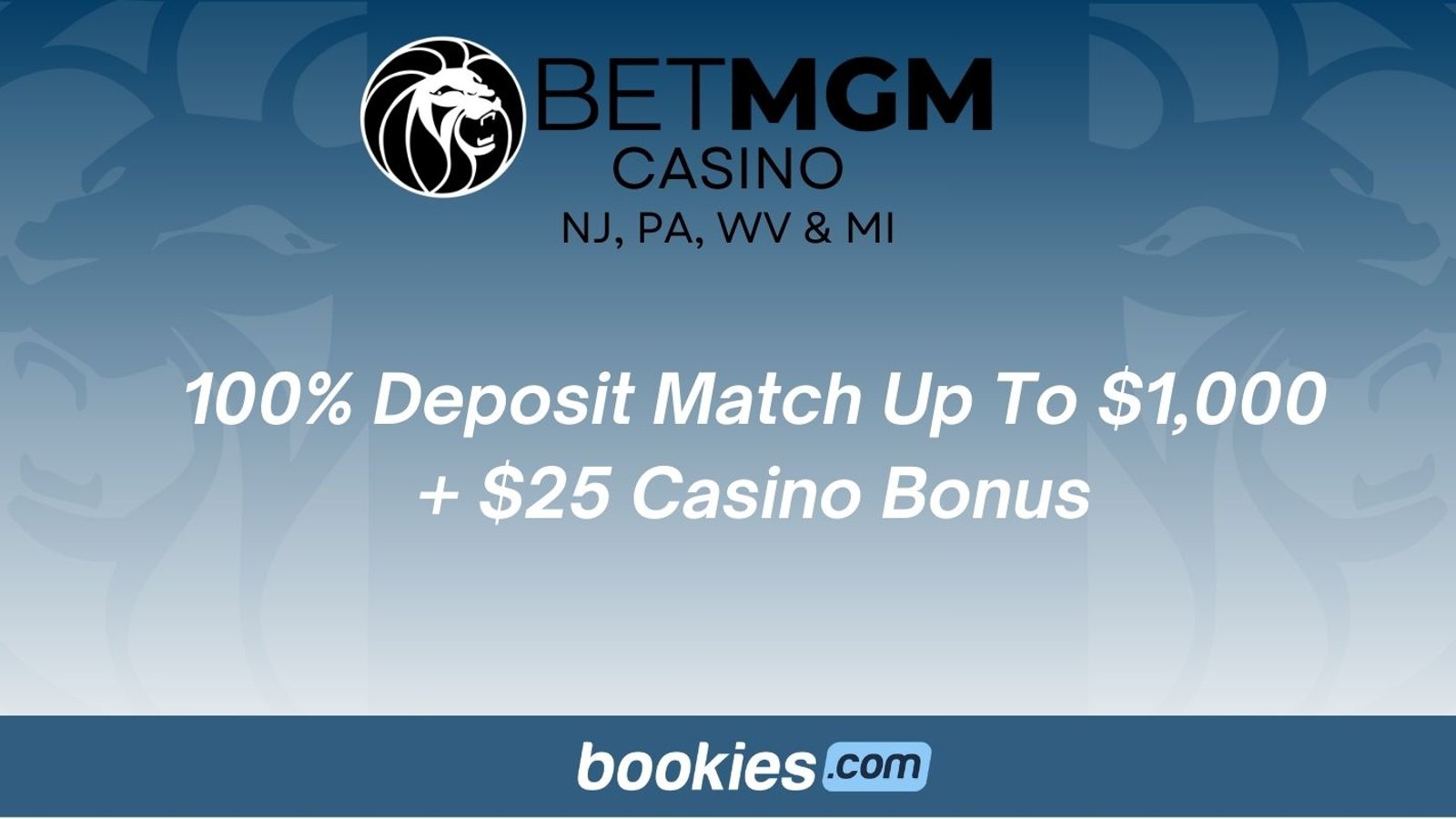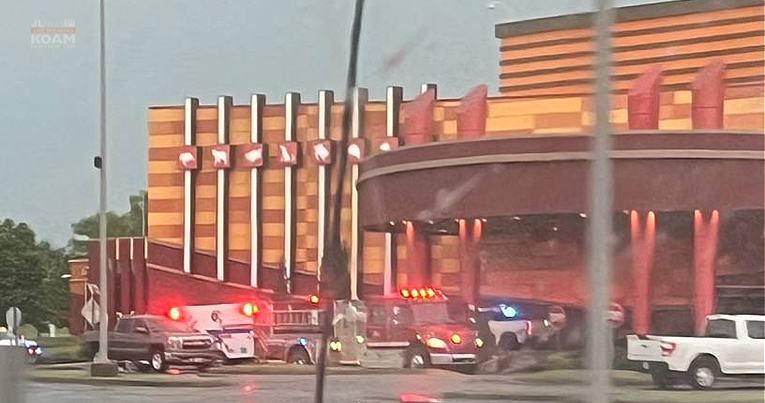Virginia lawmakers have decided to continue discussing the possibility of allowing a new casino complex in Tysons Corner, Fairfax County. The bill gained Senate approval, with a vote of 24-16 in favor, but it has not progressed yet, as it is still with a House Appropriations subcommittee and it is believed that Del. Paul Krizek, D-Fairfax, is opposed to the casino bill.
Virginia laws allow up to five casinos in the state, with currently only three licenses having been granted to Hard Rock Bristol, Rivers Casino Portsmouth, and Caesars Virginia. Online casinos are not yet regulated, although a bill has been tabled to try and make progress in this area, too. In the meantime, casino players can access offshore casino sites, including those listed in this overview from Techopedia, which also happen to be some of the best-paying options, with high return-to-player games available.
According to gambling expert Vlad Grindu, offshore casino sites are available to players throughout the US and offer a wide range of games as well as generous bonuses and fast transaction times. Online players in Virginia will be hoping Senate Bill 827, which looks to regulate online casinos in the state, will be passed. But, they also harbor hope that regulation could come as a side effect of Bill 982.
This bill seemingly has little to do with online gambling. Instead, it concerns the granting of a physical casino license to a proposed new casino in Tysons Corner. However, according to recent discussions about the bill, its proposal could see the push forward and introduce an official gaming commission within Virginia.
That gaming commission would potentially be responsible for encouraging, or at least debating the possibility of online gambling in the state, as well. However, the Bill has hit something of an obstacle recently.
Despite having passed the Senate vote, which came out 24-16 in favor, it has not progressed yet. Surrovell, D-Fairfax, said: “We’re going to keep talking about it.”
During the original talks, the committee heard both sides of the argument. Proponents pointed to the increased tax revenue it would bring while also pointing out that state regulations allow for five casino licenses, while only three have currently been granted.
The proposals also set out details of new employment and extensive investment in the casino itself and the area immediately surrounding it. It is common for casino licensees to promise additional investment in areas, as this can help win over locals as well as local lawmakers.
However, opponents said that the proposal lacked local support and also said that there were only two possible sites where the casino complex could be built. There were also questions raised about the support offered to the casino by George Mason University and its Professor Terry Clower.
According to records, the University had originally been against the proposal. However, after Comstock, the development group behind the proposals offered to pay the university to formulate a study on the development, Professor Clower voiced his support for the project. The payment and the relationship between the University and the developer were never disclosed during early discussions.
However, the University has said that the offer to conduct the investigation was declined and there is no financial or other relationship between the University, Clower, or Professor Clower, who said: “I think it’s the best option going forward.”
During a public event, Krizek said that it hurt not to pass the bill, considering the promise of employment and rejuvenation it would bring to the area, but said: “I think we need to get a strong regulatory framework set up to oversee Virginia’s gaming industry, which is growing.”
In particular, Krizek has said that he hopes to use a budget amendment to funnel funds to form a newly established Virginia Gaming Commission to oversee applications like these in the future. This is expected to happen in 2025.
Krizek said he wants an independent commission to deal with this and all other aspects of regulated gaming within the state, apart from the Virginia Lottery, saying it is “essential to streamline the oversight and enforcement of all gaming activities in Virginia, and we really need to get that going.”
While debate continues over Bill 982, another bill is also being considered. Bill 827 was introduced by Sen. Mamie Locke, D-Hampton, and would enable the Virginia Lottery Board to issue online casino licenses. Considering Krizek has pointed to the likely formation of a new commission, which would take over responsibilities from the Lottery Board, this bill is also likely to be shelved until further notice.
The bill proposed that new licensees would pay a $1m fee and would face a 15% tax on earnings. The debate over the bill faced the usual arguments for and against such legislation. Supporters pointed to the additional revenue brought by online gambling, as well as greater freedom of choice for players.
However, opponents voiced concerns over the cannibalization of revenue from physical casinos and the impact this would have on local schools and other funds.
Virginia’s casinos saw record revenue in February 2025. The state’s three casinos took more than $75 million in winnings from gamblers during the month. This gave rise to $13.5 million in state taxes, which equates to around $160 million a year in tax revenue from gambling. Caesars Virginia emerged as the leader of the three casinos, taking more than $30 million from its players.
Virginia’s gambling laws have evolved relatively quickly. In 2018, there was no state-regulated sports betting, casinos, or horse racing in the state. In 2019, the state passed laws allowing retail casinos as well as sports betting, both retail and mobile, moving it from the list of states with strict gambling laws to those with more liberal approaches.
Neighboring West Virginia has even more open gambling laws than Virginia, having regulated online casinos back in 2019. It is one of only seven states to have done so, and it has reaped the tax rewards.
In 2019, the state saw $482 million of online gambling revenue, and this has continued to rise in the past couple of years. In 2022, it saw $769.2 million in total revenue. The state’s casinos generate approximately $15 million a month in revenue today.
With a population of 9 million people, Virginia has a slightly smaller potential online gambling market than New Jersey. New Jersey allows online casinos, as long as the site’s servers are based in Atlantic City.
These casinos generate more than $200 million a month in revenue, and while Virginia might not reach these heights because it doesn’t have a city like Atlantic City, where gambling is already a popular pastime that attracts visitors from out of state, it could expect to generate a reasonable monthly revenue.
Bettors will be watching as the state’s Senate discusses the introduction of a Gaming Commission. Senate Bill 982 and Senate Bill 827 will likely be tabled either until the Virginia Gaming Commission is set up, or the idea of doing so has been rejected.
Such decisions inevitably take time, with some experts pointing to 2026 before there is any hope of online gambling being regulated and bills being passed.





